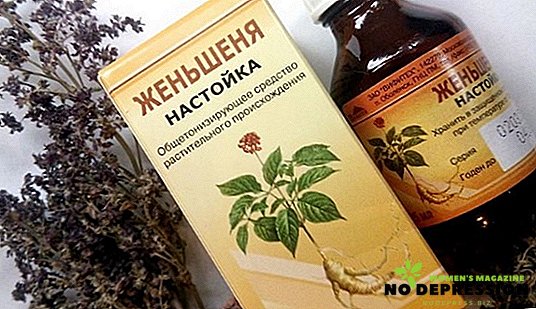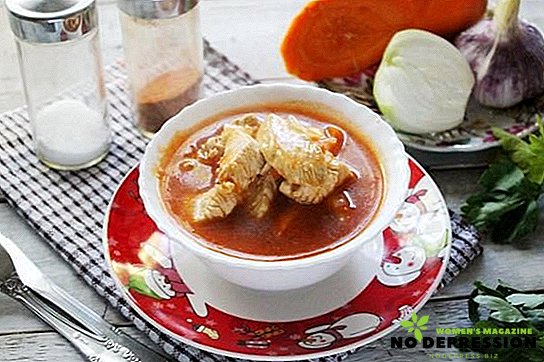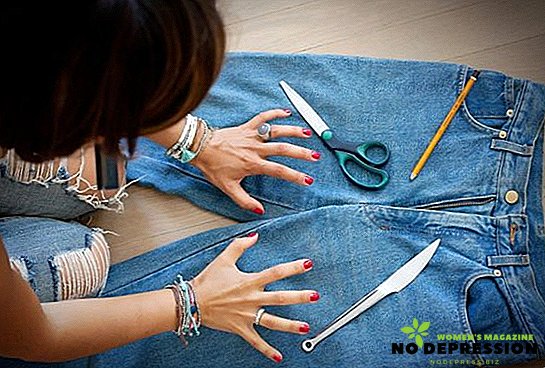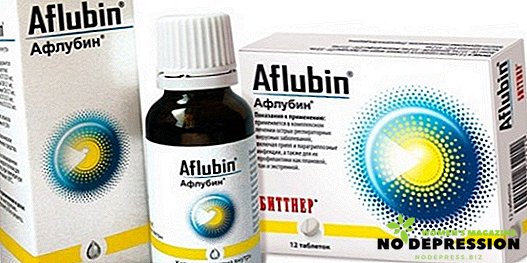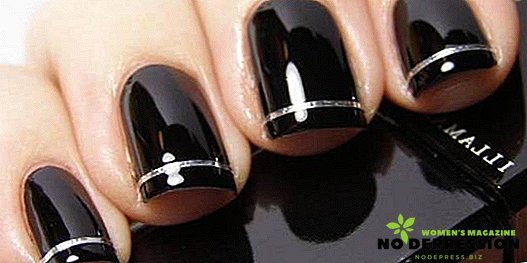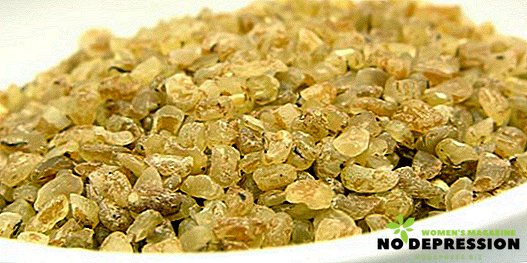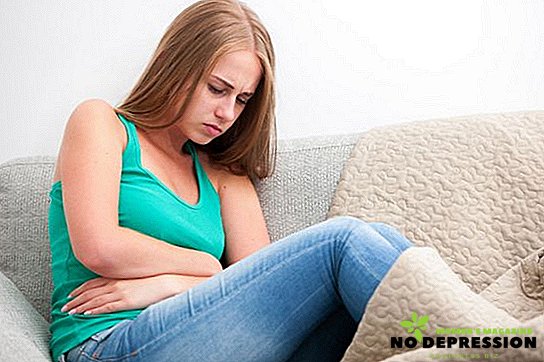Stroke is quite a serious disease, which often leads to a violation of speech, the work of the musculoskeletal system, memory. Recovery after a stroke is not an easy process, since it requires a lot of time, effort, support and care of loved ones. And in our article we will analyze the main nuances that will help you in this.
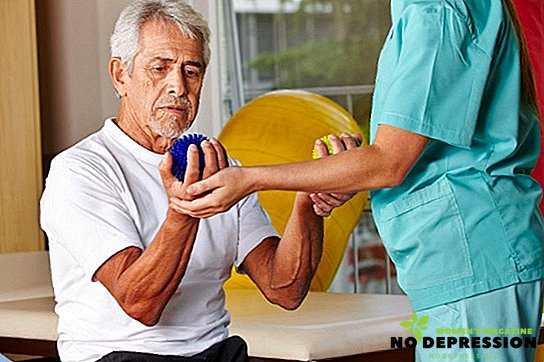
How long can rehabilitation take?
The recovery process is quite long and difficult, you need to be ready for this. Moreover, the full rehabilitation of the brain is possible in more than 70% of patients, all the rest can only rely on partial recovery. How much time is needed depends on the type of stroke, general condition, the person’s desire to return to normal life.
Ischemic stroke
In this case, the whole process should take place according to an individual scheme, which is compiled on the basis of medical observations of the patient's condition, the presence of any clinical indications, age and a number of other factors.
There are such stages of rehabilitation:
- In the acute period - during the first month after the incident.
- Early recovery (from two months to six months).
- Later - from six months to a year.
- Residual period (after year).
Hemorrhagic stroke
The duration of rehabilitation will depend on the severity. In the case of an extensive stroke, the rehabilitation period may be delayed even by 2–3 years, and in 90% of patients there remain any disorders associated with the work of the musculoskeletal system.
Early rehabilitation should be carried out during the first year, this stage is the main one, when physicians and relatives of the patient should take active steps.
In the future, the recovery will be very slow.
Restoration of the vestibular apparatus, speech and memory
It is very important that the rehabilitation process is carried out correctly, according to the scheme prescribed by the doctor. Only in this case can the bad consequences be avoided.
Speech
Stroke often leads to problems with speech - a person has difficulties presenting his own thoughts and understanding other people. It may take up to three years to regain activity. That is why communication between the patient and his family and friends, interaction with other patients is so important. To rehabilitate faster, it is recommended:
- ask the patient simple questions that require an answer "yes" or "no";
- speak the words slowly;
- actively engage with a person, teaching him sounds.
There are several effective exercises that will help after a stroke. These include:
- Saying patters.
- Licking the lips, and it is necessary that the patient moved the tongue to the left and right while doing so.
- Grinding of teeth.
- Soft biting of lips.
- Pulling the tongue with a slight delay for 5 seconds, frequent repetitions of this exercise.
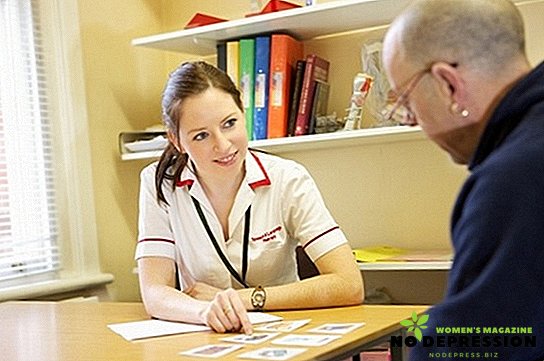
Memory
The sooner you begin to restore the memory, the faster you can achieve results - the procedures can be started immediately after the doctors eliminate the threat to life. The first step can be called the admission of special drugs, which must be prescribed by a doctor. These tools include:
- The drugs expanding vessels, for example Vasobral.
- Alphablockers.
- Tranquilizers and nootropics.
It is worth remembering that such drugs have a slow effect, because in any case you need to drink a course, which can last up to three months. When taking them, you should carefully monitor the patient's condition so that a stroke does not recur.
Functional treatment is also important, for example, brain training: memorizing numbers, poems, and other information.

Vestibular apparatus
Serious side effects can be called problems with the vestibular apparatus, when a person can not keep balance, does not walk well. In addition, in this case, a person may experience severe headaches, constant fatigue, and when traveling in transport, he can rock heavily.
There are a few simple exercises: sit down, start slowly swaying from side to side. If it is difficult, rest your hands on a hard surface, transferring the support to your hands.
Drugs and tablets after a stroke
Let's take a closer look at what drugs are most often prescribed by doctors to those who have suffered a stroke. These include:
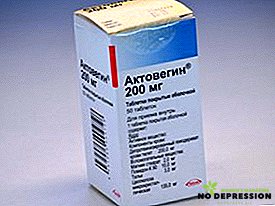 Actovegin, which is administered intravenously. It leads to the normalization and improvement of blood circulation in the brain, helps in the recovery of speech. Cerebrolysin has a similar effect.
Actovegin, which is administered intravenously. It leads to the normalization and improvement of blood circulation in the brain, helps in the recovery of speech. Cerebrolysin has a similar effect.- With the help of Piracetam, you can enhance memory, the drug also helps to restore brain cells.
- To activate metabolic processes in cells can help Pantogam.
- To stabilize the transmission of nerve impulses, you need to take Vinpocetine.
The main thing to remember is that self-medication after such a disease can cause a repeated “strike”. In addition, it is imperative to show the doctor, so that the specialist can follow the course of the disease, how the body reacts to medications.
Home Recovery Tips
If you want to return to normal life, it is imperative to carry out rehabilitation at home. An important point - the presence of physical activity and exercise therapy, since it is the most affordable method for recovery. Their main task is to:
- muscle tone recovery;
- ability to keep balance and walk properly;
- ability to perform small household tasks, self-care for themselves.
There are also several popular recipes that will help to quickly deal with the problems that have arisen after a stroke:
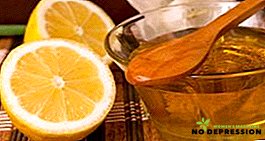 Take two lemons and oranges, carefully chop them together with the peel, add 2 tbsp to the resulting mass. l honey, mix everything thoroughly. The resulting juice should be taken a teaspoon three times a day during the week.
Take two lemons and oranges, carefully chop them together with the peel, add 2 tbsp to the resulting mass. l honey, mix everything thoroughly. The resulting juice should be taken a teaspoon three times a day during the week.- Add sprigs and rowan bark to boiling water, leave for 2-3 hours. The resulting infusion should be taken once a day for 21 days, 20 ml.
It is also worth remembering about exercise. It is important to note that it is not necessary to purchase expensive exercise equipment, since there are various exercises for developing hands. For example, with a short break, you need to constantly bend and unbend your fingers, legs, knees. You can also make forward movements of the shoulder joints.
Use special splints for stretching the end, which you need to use every day for half an hour a day. It is also worth trying to develop muscles: sit on a bed or chair, gradually raise and lower your legs, constantly increasing the time of exercise.
Proper nutrition and psychological support
An important point after the illness is nutrition. Thus, there are no restrictions on eating in only those patients who do not have any pathologies. For example, to eliminate any problems with the intestines, you need to delete spicy or salty dishes from the menu.
Doctors advise those who suffered a ischemic stroke not to eat fried or fatty foods, because it contains a lot of carbohydrates.
It is worth remembering that a stroke is quite a serious disease, after which depression often occurs. Some patients behave aggressively, are hot-tempered, lose control of their emotions, and the person himself may not notice such problems when communicating with relatives and friends.
Because it is so important in this period, if you live with the person who suffered this disease, be gentle, treat the patient with understanding and patience, remembering that the recovery phase can be delayed even for several years.
In addition, if a patient is depressed, immunity is reduced, prolonged fatigue is observed, you should immediately contact a doctor who will prescribe the required treatment. Also during this period, you can send the patient to a good sanatorium, where specialists will look after him.
As you can see, recovery after a stroke is a long process, difficult for both the patient and his environment. But with proper care, you can achieve impressive results in a fairly short time.



 Actovegin, which is administered intravenously. It leads to the normalization and improvement of blood circulation in the brain, helps in the recovery of speech. Cerebrolysin has a similar effect.
Actovegin, which is administered intravenously. It leads to the normalization and improvement of blood circulation in the brain, helps in the recovery of speech. Cerebrolysin has a similar effect. Take two lemons and oranges, carefully chop them together with the peel, add 2 tbsp to the resulting mass. l honey, mix everything thoroughly. The resulting juice should be taken a teaspoon three times a day during the week.
Take two lemons and oranges, carefully chop them together with the peel, add 2 tbsp to the resulting mass. l honey, mix everything thoroughly. The resulting juice should be taken a teaspoon three times a day during the week.